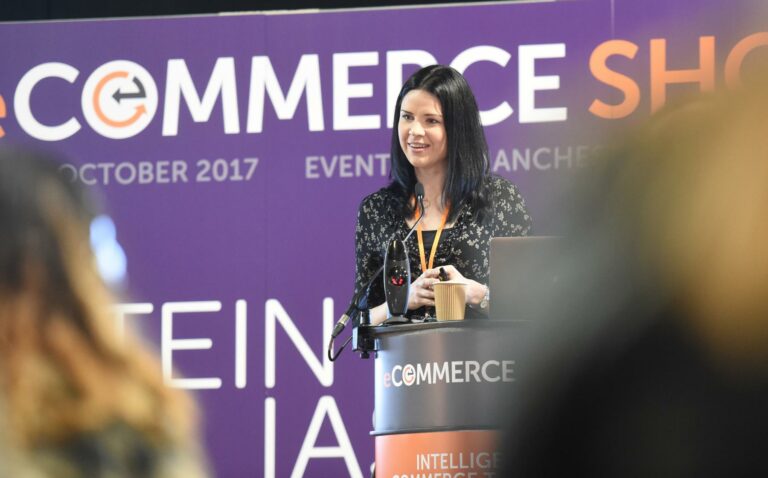“We are going to go further than we have ever done before in opening the BBC to more competition. A competition revolution.” Tony Hall
How exciting it was to wake up yesterday to news of a creative revolution! I run the Manchester based independent production company Nine Lives Media, and I have to admit that as we first made our creative mark by producing Small Teen Big World for BBC Three, I have recently been concerned that Tony Hall may not be the right person to run the BBC.
His decision to radically cut the budget of BBC Three and to only broadcast it online from October 2015 seemed to suggest he didn’t recognize the importance to the BBC of nurturing young viewers and didn’t see how crucial the channel has been as a springboard for both off screen and on screen talent.
I also worried that in the face of financial cuts, Tony Hall and Danny Cohen were looking inward and planning a protectionist policy to ensure BBC in house production continued to make programmes, whilst independents would be given less opportunity to compete.
 Tony Hall
Tony Hall
Ultimately, I felt Tony Hall might take the BBC backwards rather than forwards. Indeed, I underestimated him so much, that although I was invited down to London yesterday to hear him deliver a speech about ‘the future of the license fee’ yesterday, I decided it wasn’t worth the peak time £150 train fare. I had no idea he was planning to announce a creative revolution and deliver one of the most exciting speeches I was ever likely to get the chance to hear! Tony’s radical, forward thinking proposal, has completely transformed my opinion and made me think the BBC is actually in very good hands.
I know there is much concern at BBC MediaCityUK about how BBC in house jobs will be effected by the proposed changes and there have been lots of comments posted online about how the license fee will now end up being used to expand the profits of the super indies, some of which are now owned by foreign broadcasters.
Clearly, there is still much work to do to ensure that BBC in house producers continue to be able to make fantastic programmes, but I totally agree with Tony Hall that to create a strong BBC, that works as well as it possibly can within the highly competitive 21st century media industry, you have to ensure a level playing field to ensure license fee payers money is always spent on the best possible programme ideas.
It is deeply frustrating for the BBC’s in house producers to currently only be able to pitch ideas to one broadcaster and freeing them up to be able to work for other channels – certainly abroad and perhaps here in the UK, makes perfect sense. The BBC brand is one of the UK’s strongest internationally, so why would we not want to allow that to be fully exploited to the benefit of license fee payers? Clearly the nitty gritty still needs to be determined, and there will be concerns raised about state funded competition, but the starting point has to be removing the current barriers to creative competition – which is what Tony says he wants to do from the start of the new BBC Charter in 2016.
Determining the future of the BBC in light of charter renewal is currently being examined by the Culture Media and Sport Select Committee in the House of Commons. Last month, I was one of those asked to give evidence. It felt like being handed a double-edged sword, because I genuinely love making programmes for the BBC as an independent and I believe their commissioners are some of the most creatively talented in the industry.
 Pat Younge
Pat Younge
I didn’t want to criticize the BBC or jeopardize my relationship with commissioners, but do genuinely believe the organization needs to change. I therefore spoke up for the strategy proposed yesterday by Tony Hall, but which was first suggested publically by Pat Younge, the former Chief Creative Officer (aka head of BBC in house 2010-14).
In seriously considering the many issues raised by the proposed changes – particularly in relation to Public Service Broadcasting, it’s interesting to note that Pat Younge comes to the conclusion that it’s important for the BBC to protect its news, sport and children’s departments. He and Tony Hall are also keen to stress the importance of making programmes outside London and working with small independents. So although the detail now has to be worked out in real terms, many in house jobs at MediaCity may well be protected long term and the future should also be bright for small independent companies.
Cat Lewis is the chief executive of Nine Lives Media in Manchester.








